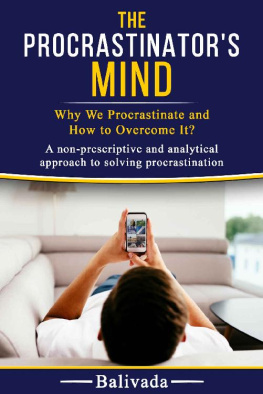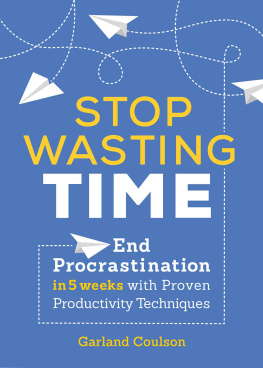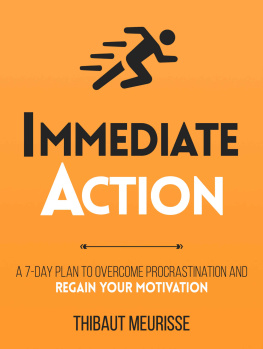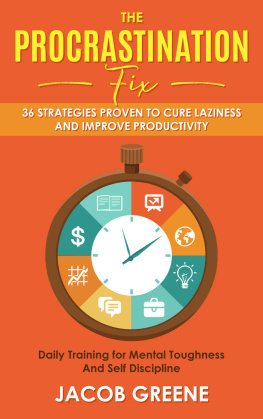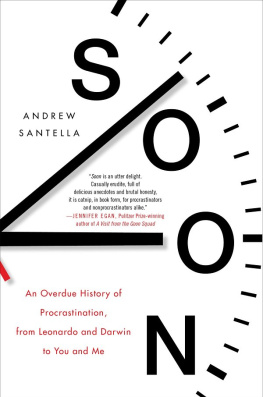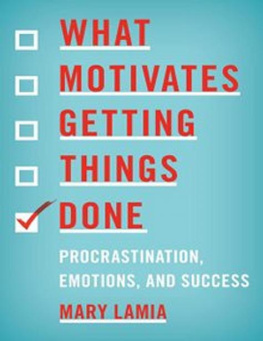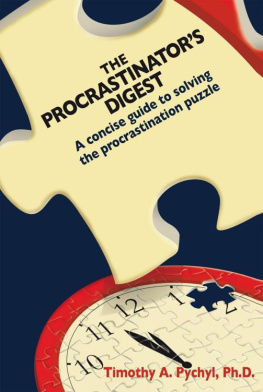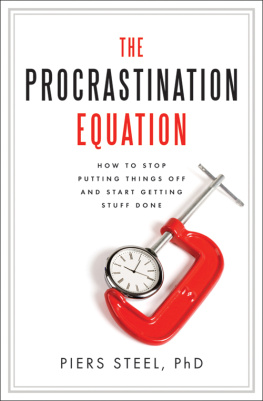

Notion Press
Old No. 38, New No. 6
McNichols Road, Chetpet
Chennai - 600 031
First Published by Notion Press 2020
Copyright Balivada 2020
All Rights Reserved.
eISBN 978-1-64783-679-5
This book has been published with all efforts taken to make the material error-free after the consent of the author. However, the author and the publisher do not assume and hereby disclaim any liability to any party for any loss, damage, or disruption caused by errors or omissions, whether such errors or omissions result from negligence, accident, or any other cause.
While every effort has been made to avoid any mistake or omission, this publication is being sold on the condition and understanding that neither the author nor the publishers or printers would be liable in any manner to any person by reason of any mistake or omission in this publication or for any action taken or omitted to be taken or advice rendered or accepted on the basis of this work. For any defect in printing or binding the publishers will be liable only to replace the defective copy by another copy of this work then available.
Contents
Introduction
As human-beings, our greatness lies not so much in being able to remake the worldthat is the myth of the atomic ag ea s in being able to remake ourselves.
Mahatma Gandhi
Procrastination is an inner conflict deep-rooted in the sub-conscious mind. People have to consciously think about why they are doing what they are doing in order to uproot the subconscious decisions that lead to procrastination. While reading this book cannot undo your procrastination from tomorrow, the concepts explained in this book will shed light on the psychology and misinformation about procrastination, what disciplined people do differently, and how issues such as lack of self-esteem and self-efficacy have a deep impact on your procrastination. Truly overcoming procrastination completely depends on how you internalize these concepts and habituate this new understanding and knowledge. Some procrastinators say to themselves let me solve my procrastination problem and then I will do all my pending work. Procrastinators tend to wait because they want to think themselves out of a situation, but there is no one golden solution for fixing habitual procrastination. The first step involves starting with a strong resolve that you want to solve your problem of procrastination. If you are reading this book, congratulations, you are most likely in that zone already.
Often when we procrastinate, we have some work that we are running away from, a work that poses a fear in terms of our self-esteem, self-efficacy, or effort. It is during this time that we go on a binge to understand procrastination in a hope that we would build some awareness and that awareness will return one as an enlightened individual on procrastination. This book intends to help that pursuit to procrastinate less by building awareness of the subconscious and conscious processes within a procrastinator.
I keep getting stuck in a procrastination cycle. Any new or big project would usually scare me, and I delay it by convincing myself that I have a plan to do this work best at a later period. Then I wouldve waited too long and the work requirement increased, which worsens the anxiety and tension. I get worried because of not having worked and of what my manager will think; I procrastinate more or abscond to get away from the tension. I just feel terrified, cant work, and feel more terrified because of not working so far, and so on. Ive tried therapies and popular reading and all I got was basicallyget a hold on yourself, stop worrying, and start working.
A Computer Science professional working in a multi-national company
I wrote this book because I was a procrastinator, and whenever I saw disciplined people, I became really curious about how they went about their business so seamlessly while procrastinators struggled with their anxieties and delays. This led me to probe into the habits of procrastinators and disciplined people more deeply and understand the differences. Most of the help that is out there on procrastination never really helped me, and I was determined to understand this beast that is troubling so many people.
Popular help on procrastination revolves around addressing the inability to delay short-term pleasure and convincing you logically that delaying short-term pleasure is the way to go. However, a procrastinator already knows what the logical thing to do is. A procrastinators problem arises from his inability to hold to his logic at that moment of procrastination when it is required to act. Its very easy to say that procrastinators focus on the short-term pleasure and cannot sacrifice the short-term pleasure for the long term good. Only the people whove gone through it will know that while they understand this logically, it proves too difficult to build the energy from inside and take that action. However, most procrastinators agree that their logical mind is trying to fight against a deeper emotion, and they lose to it most of the time. These deep emotional battles within are what we will try to understand in this book to come up with mechanisms that will allow you to gradually reduce procrastination and slowly evolve into a non-procrastinator.
I have structured this book so that it begins with understanding the larger picture of why we have to work and the resistance that we face to start any work. Later, the book moves to the three key psychological reasons for procrastination and solutions for the same. In the next section, the book debunks popular myths regarding procrastination such as its relation to creativity and helps to set up the foundation for procrastinators to make themselves ready to accept discipline as a part of their life journey. The book then moves onto the common habits that exacerbate the problem of procrastination and how to come out of them. While each chapter has its own set of solutions to the problems discussed, the final section of the book proposes general solutions to start the journey to becoming a more disciplined person and a former procrastinator.
In the course of this book, we establish mechanisms and rituals to get sensitized about the reasons for procrastination and the desired changes in behavior. Once the procrastinator becomes aware of the various patterns of procrastination and uses clear solutions for each of those patterns, it becomes easier to start an activity, and starting an activity is a crucial part of stopping procrastination.
The best way to use this book is to understand the concepts discussed and recognize them in your own behaviors. Recognizing the root causes in your own behavior is the first step before trusting and working on the techniques at your own pace. While we discuss some solutions in this book, I know that these answers may not help everyone, and each person reading this book should build other solutions on their own which becomes an intuitive evolving process of the individual to a more disciplined life. This books sincere pursuit is to transform the reader toward that journey.
Lets begin the change!
Note: In this book, we use the word he to mean he or she and doesnt mean to refer to only the male gender. It becomes tedious to use he or she in every sentence and there is no other suitable alternative in the English language currently.
Chapter 1
Procrastination and Thermodynamics
Anything that can go wrong will go wrong
Murphys Law
Ever wonder why your room gets dirty, dishes pile up, things lose control, the bike gets rusty, or your work piles up? It is because of one of the fundamental physical laws of nature called entropy. Its one of the tenets of our universe and the basis for the second law of thermodynamics which says: everything around you in this universe is moving from order to disorder, and if you dont consciously intervene and bring order by putting effort, things will soon go into further disorder. A hot pizza out of the oven will eventually get cold unless effort is put to heat it again. Ice-cubes will melt and become water at room temperature unless you exert an effort that goes into freezing them back. There is no other way for the events to transpire, what can go wrong will go wrong. Within the same set of conditions, the universe around us is always moving from order to disorder. Your effort to bring order in any aspect of your life is a fight against entropy in its effort to bring disorder. Procrastination then is like tagging along with entropy and helping entropy, leading life into a dangerous disorder.
Next page
